Our Projects
Project Spotlights, Blog posts from the team
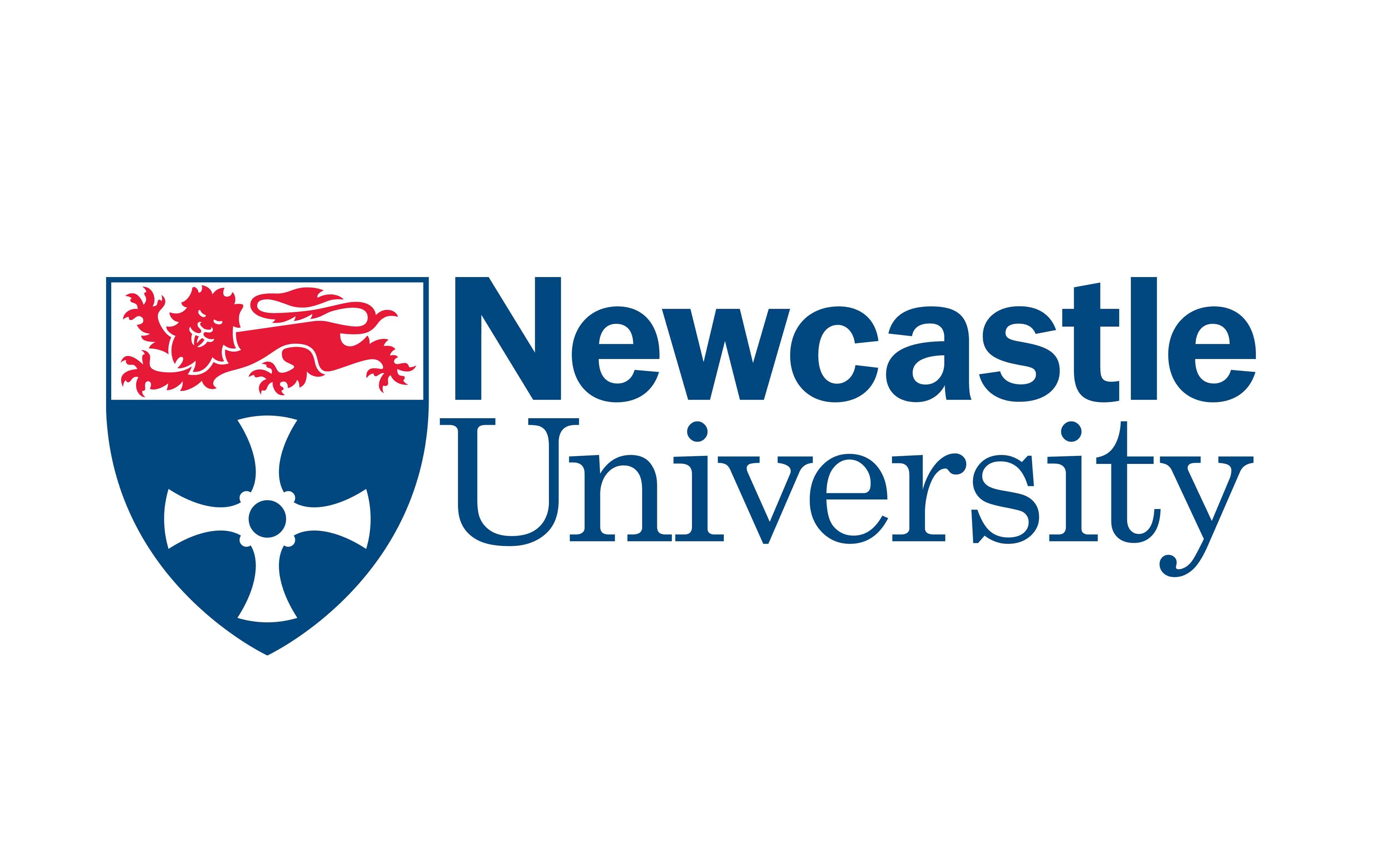
RSECon24: Spreading the word on research software
Society of Research Software Engineering & Newcastle University
Mark Todd, CEO and Software Developer
2024-10-07

Developing a Python PEP: Proposing Intersection Types
Open Source Community
Mark Todd, CEO and Software Developer
2024-04-10
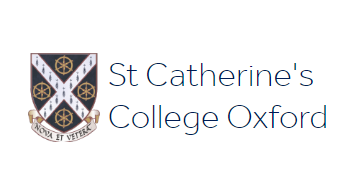
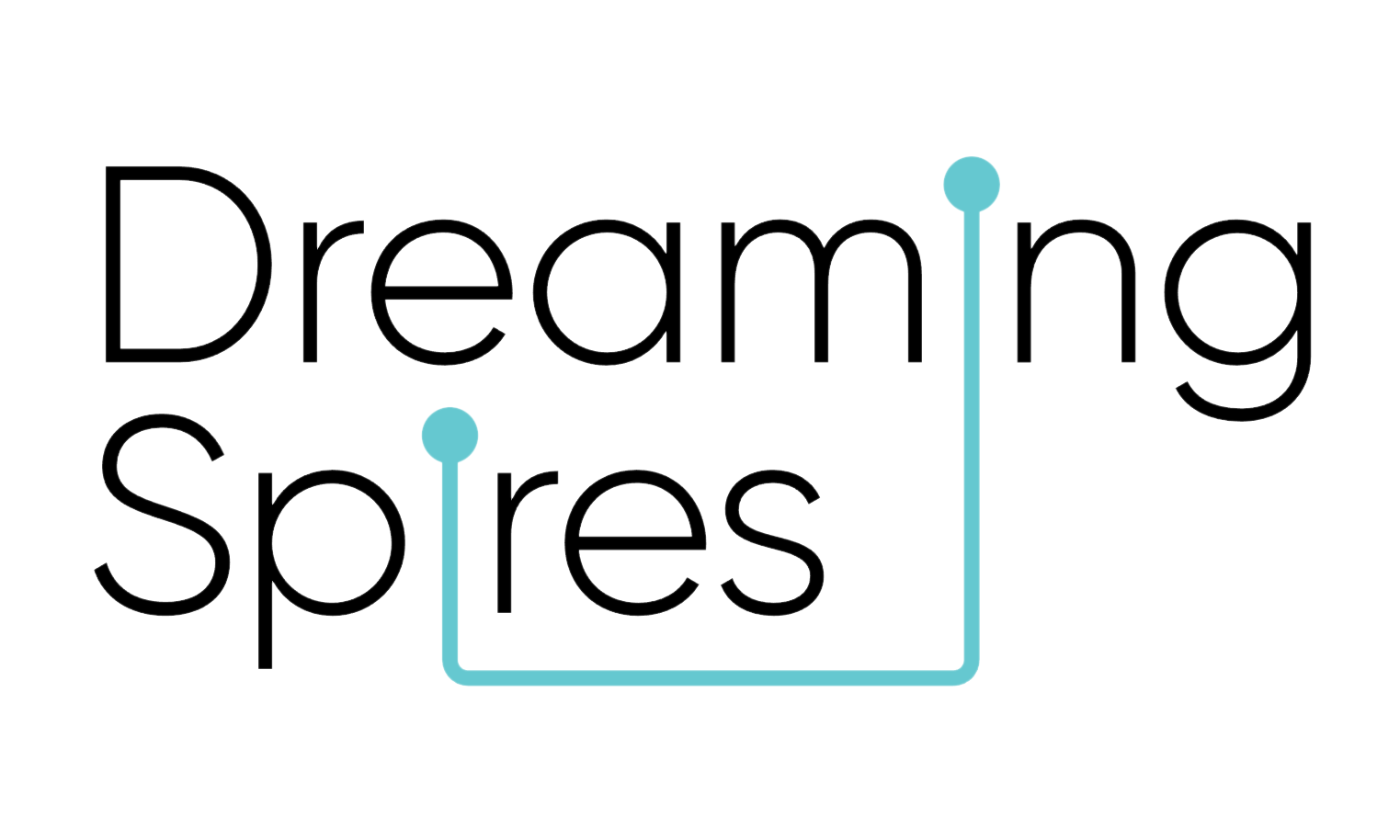
Undisclosed project
Redacted
Mark Todd, CEO and Software Developer
2024-02-02

Erotetic theory and human reasoning in Python
Faculty of Philosophy, University of Oxford
Mark Todd, CEO and Software Developer
2023-12-02

Modelling the spread of Lassa fever, R to numpy conversion
NTD Modelling Consortium, and University of Liverpool
Mark Todd, CEO and Software Developer
2023-05-25
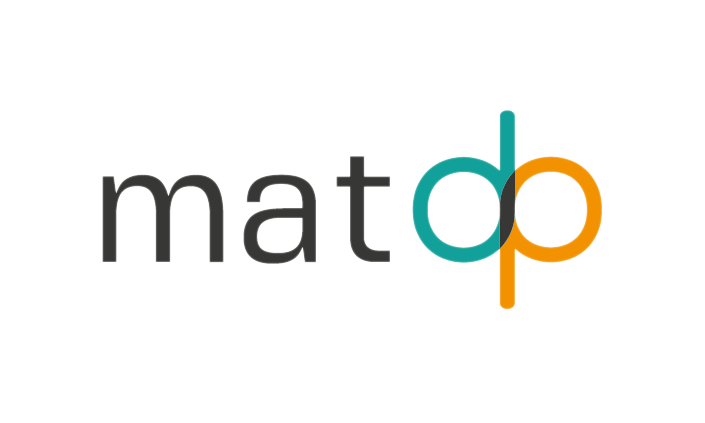
Computing and visualising sustainable material demand projections
Department of Engineering, University of Cambridge
Mark Todd, CEO and Software Developer
2023-03-26

Generating AI images inspired by authors' writing styles
Digital Humanities, University of Southampton
Mark Todd, CEO and Software Developer
2023-03-24

Optimising a Disease Spread Model: Presentation to the Big Data Institute
Big Data Institute, University of Oxford
Mark Todd, CEO and Software Developer
2023-03-01

High performance transmission model for onchocerciasis
NTD Modelling Consortium
Mark Todd, CEO and Software Developer
2022-12-15

Automatic discovery of high-potential academic collaborations
King's College London
Mark Todd, CEO and Software Developer
2022-10-12

Dreaming Spires acknowledged in paper in Journal of Open Source Software
Department of Engineering, University of Cambridge
Mark Todd, CEO and Software Developer
2022-06-02

Open Source contributions to gensim NLP
Edd Salkield
2022-03-22
Redeveloping the backend for critical COVID-19 response tools
GPAS, and Nuffield Department of Health
Edd Salkield
2021-08-19

Aggregating healthcare feedback for clinical practitioners
Lisn Healthcare, University of Oxford startup
Mark Todd, Software Developer
2021-08-12

grant_remote_access: providing trusted remote assistance for Linux servers
Edd Salkield
2021-06-03
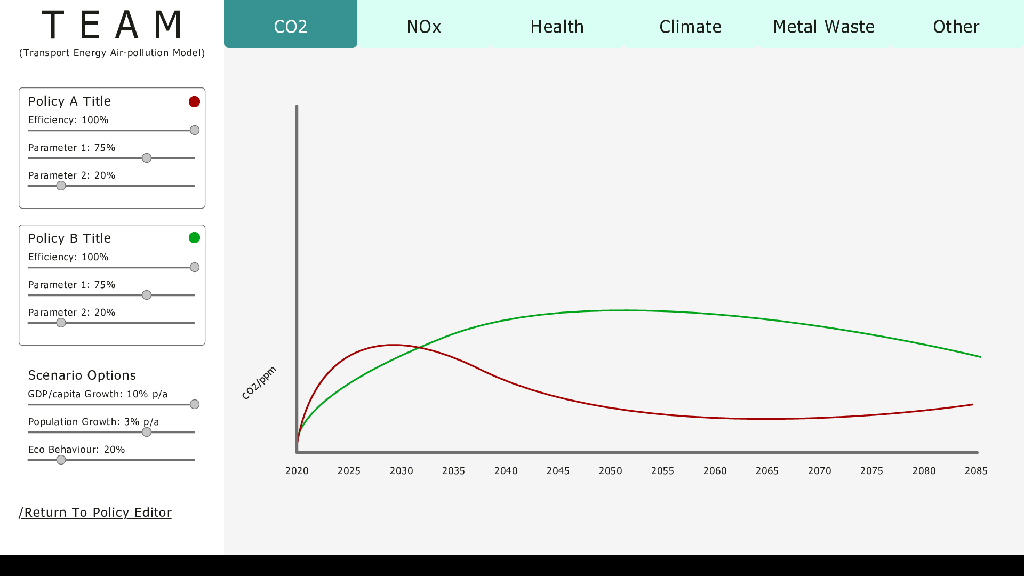
Modernising TEAM: Transport Energy and Air Pollution Model
Climate Compatible Growth
Elliott Hughes
2021-05-12
Dreaming Spires features on RSE Stories podcast
Edd Salkield
2021-05-06
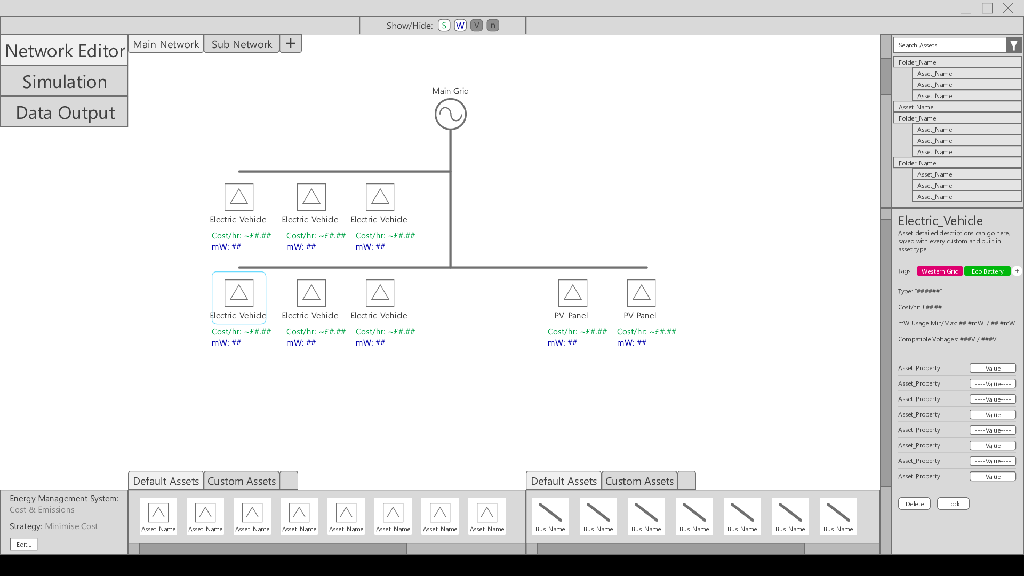
Assessing the Feasibility of Smart Local Energy Systems Modelling Projects
Climate Compatible Growth
Elliott Hughes
2021-04-05

Establishing Modular User Verification Systems with FastAPI-Users
Mark Todd, Senior Engineer
2020-12-16

Another Oxford: giving insight into auditory hallucinations
Oxford Ideas Festival
Edd Salkield
2020-12-08

Running code at Supercompute Scale on the ARC Cluster
Edd Salkield
2020-11-03
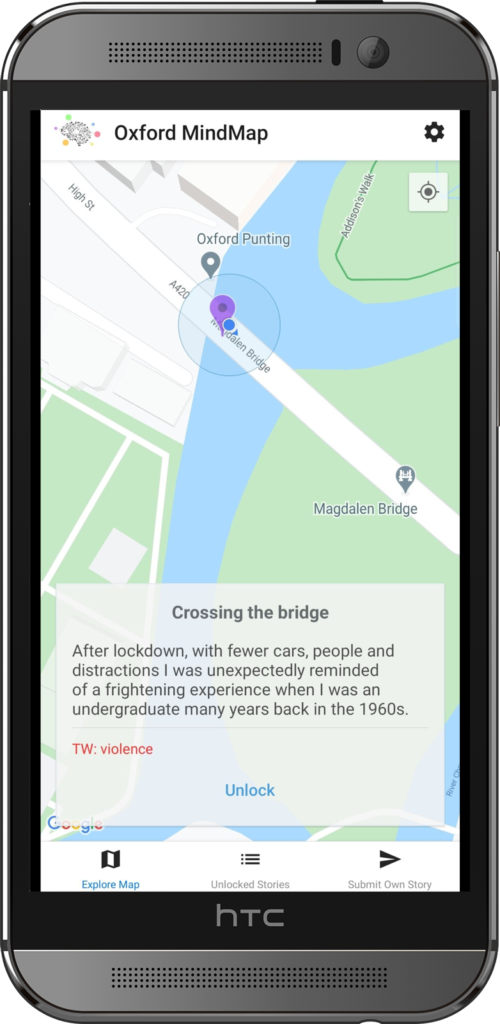
Oxford Mindmap: mobile app for sharing mental health experiences
Oxford Ideas Festival
Edd Salkield
2020-10-01

Redeveloping mass spectrometry tools for paleoproteomic applications
Max Planck Institute
Edd Salkield
2020-09-21

Tracking the online sale of African tribal artwork
School of Anthropology & Museum Ethnography, University of Oxford
Edd Salkield
2020-09-07